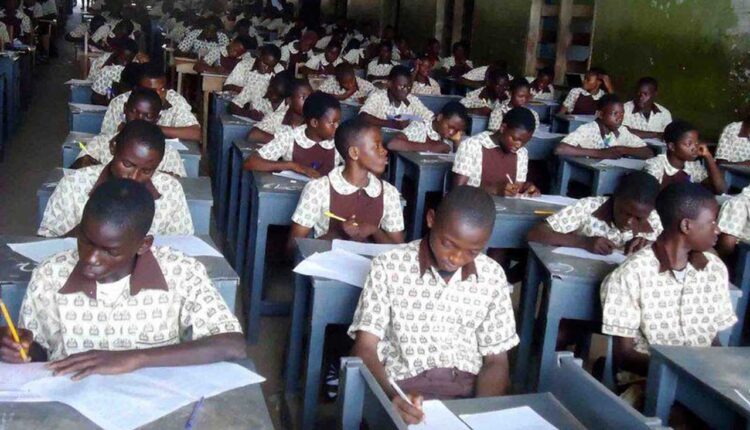As the January 2025 deadline for the implementation of the new curriculum approaches, schools, parents, and other stakeholders have raised concerns about the readiness and effectiveness of the educational framework.
With critical details still unresolved, there are worries about whether the timeline will be met. Stakeholders are awaiting clarity on how the changes will be executed and what impact they will have on students and the broader education system.
The government had previously announced that schools would begin rolling out the revised curriculum in January 2025.
However, despite plans to fine-tune the arrangements from October to December 2024 including teacher training and infrastructure development, many challenges remain.
These efforts were aimed at ensuring that both private and public schools would be ready for full implementation by the January deadline.
The new curriculum, intended to modernise education and better prepare students for future demands, has faced significant challenges regarding the readiness of schools, teachers, and resources.
It is expected to introduce 15 new trades for basic education, focusing on skills to enhance the employability of products from primary and junior secondary levels. These trades include basic digital literacy, IT, robotics, building and construction, hospitality, garment making, and agriculture.
Despite the reform’s potential, a recent tour of several public and private schools in the Federal Capital Territory (FCT) revealed little evidence of readiness.
Many schools continue to struggle with outdated classrooms, insufficient learning materials, and inadequate support services, all of which threaten the successful implementation of the curriculum.
In the midst of these challenges, the new minister of education, Dr. Tunji Alausa, pledged to continue the progressive reforms of the previous leadership.
However, stakeholders have emphasised the need to address infrastructure issues, particularly the shortage of vocational training facilities and modern equipment, and have called for urgent action.
The principal of Divine Academy, Lugbe in Abuja, Jeremy Ugochukwu, stressed the importance of the government scaling up with the planned implementation of the new curriculum.
In an interview with LEADERSHIP Weekend, he said the new curriculum would be a significant step towards improving the education system and aligning it with global standards.
“It’s necessary to ensure that students are equipped with the relevant skills for the future. The government should not hesitate in its commitment to this reform.
“While there may be challenges, the long-term benefits of a modernised curriculum are immense. It will help bridge the gap between the current system and the demands of the evolving job market,” he added
Also, an international educator from the United Kingdom (UK), Chizuruoke Collins Ezem, said the introduction of a skills-based curriculum in basic education is a timely and positive move, adding that it aligns education with workforce needs, equipping the students with practical skills and fostering entrepreneurial thinking.
However, he said its effectiveness would depend on proper implementation and consistent teacher training.
“Most schools currently lack adequate facilities for vocational training. Investing in modern equipment, and providing training for instructors should be prioritised,” Ezem said.
A parent and a retired engineer, Mathias Ben, supported the new curriculum, describing it as a crucial step in addressing the growing unemployment rate among youths.
He, however, called on the government to fast-track its implementation. “By focusing on practical skills and vocational training, it will help equip students with the tools they need to succeed in the workforce.
“It’s vital for the future of our youths and the nation as a whole,” he said.

